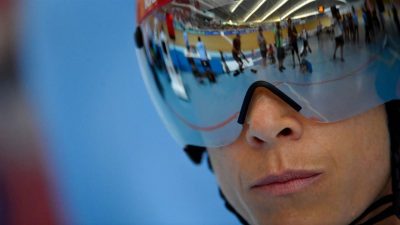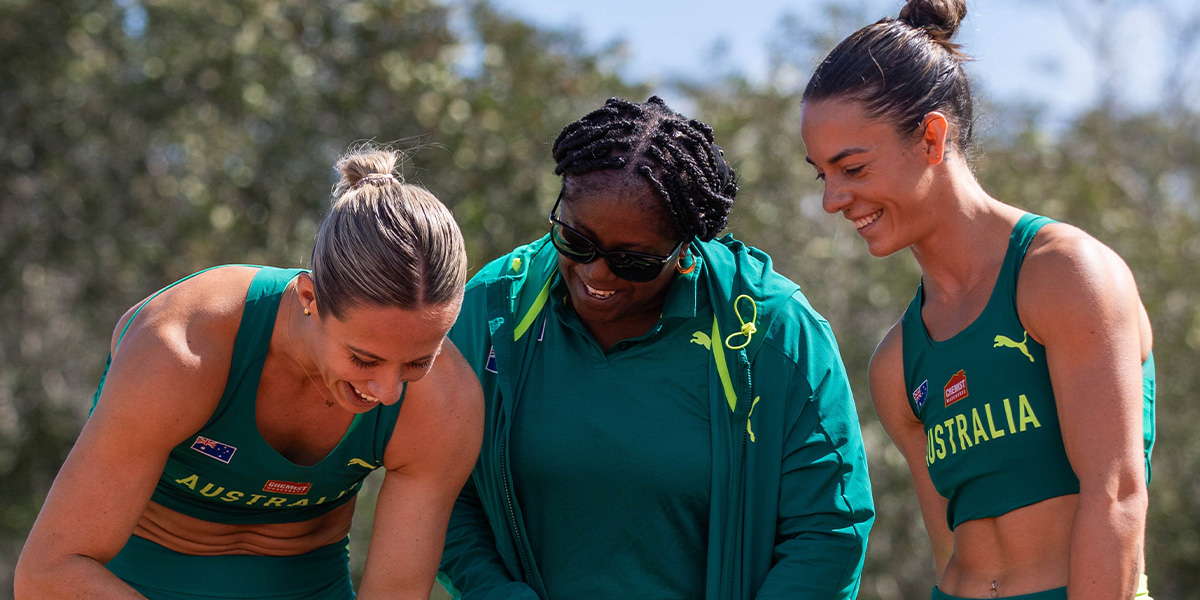Policing Sporting Constitutions: Are They Outdated?

[mkdf_dropcaps type=”normal” color=”#f55549″ background_color=””]C[/mkdf_dropcaps]
ollingwood Football Club is again in the news, this time for a legal technicality which leaves newly appointed board member, Dr Bridie O’Donnell, ineligible to vote.
O’Donnell was added to the board of directors on Tuesday, but the club has since had to revoke her voting rights until the Annual General Meeting (AGM) as she is ineligible for the position according to Collingwood’s constitution.
Fox Sports reports O’Donnell joined as a member in March 2021 but Clause 30 (a) of the club’s constitution states:
“No member shall be qualified for election as a member of the board unless he (or she) shall have been a member of the club for at least 24 months immediately prior to nomination.”
In a press release on O’Donnell’s appointment to the board, Collingwood president, Mark Korda, said O’Donnell’s skills and expertise would help the club as they look to the future.
“With a medical, public health and elite sporting background, Bridie offers expertise across a range of fields that are of importance to Collingwood,” Korda said.
“Our nomination process… focussed on our future needs as a sports organisation at the forefront of male and female sport.
“My strong view is that in the 21st century the Collingwood board out to reflect a greater gender balance, cultural diversity and a younger profile as well as the critical skills required to run a large and prominent sporting business,” he said.
O’Donnell seems the perfect candidate to join Collingwood’s board fitting both diversity and expertise criteria.
But being ineligible to vote until the 24-month membership requirement is waived at the next AGM, what is the purpose of her appointment?
The Collingwood press release states O’Donnell “joins the board to fill a vacancy created by the departure of vice-president Alex Waislitz, [who] flagged his intention to step down in the course of the 2021 season, which allowed the board nominations committee to prepare and identify O’Donnell.”
Why does the constitution prevent a qualified individual from performing a job they were selected for, by those who represent the same constitution?
This then calls into question whether rules such as this, or even constitutions themselves, should still play a role in sport.
Speaking with Ministry of Sport, Principal Lawyer at Game Legal, Matthew Jessep, said while constitutions remain an important legal concept, some documents may need to be updated.
“In general, a constitution will set out procedures and steps to be taken by the board or committee in the running of that sport in the best interest of its members,” Jessep said.
“Of note, a constitution will speak to… the allocation of decision making rights between the directors and members of the company, how the directors are elected and appointed, and having voting rules faced by the members themselves.
“These rules should be drafted in a very clear and precise way so as to allow such processes to run smoothly and without confusion or claims of wrong doing and corruption.
“[The 24 month membership requirement] does appear to operate in a way to make it difficult to bring fresh ideas and external perspectives onto the board.
“Many sporting organisations, and the one’s I act for in the drafting of new or updated constitutions, will more increasingly be open to establishing director positions where a person with specialist skills such as, finance, marketing, legal, human resources, diversity promotion etc, can be appointed rather than elected.
“In this way, members get their say over who makes up the majority of directors on a board, with a scope for specialist skills being added also – all in compliance with Sport Australia’s sports governance principles,” he said.
Despite the setback, Mr Jessep believes that O’Donnell can still play an active role for the club if allowed.
“Bridie O’Donnell is a very accomplished person – in sport as an athlete herself, as a doctor, as a sporting commentator, a public speaker and from working in government roles, including support of women in sport,” Jessep said.
“If not able to vote as a director of Collingwood Football Club, Dr O’Donnell’s role would be akin to that of an executive in the club or a non-voting committee member acting under delegated powers from the board.
“In such a situation, Dr O’Donnell could still play a very effective role on the board and be a voice of real change in that sports club – if they want it,” he said.
It's free to join the team!
Join the most engaged community in the Sports Business World.
Get all the latest news, insights, data, education and event updates.






